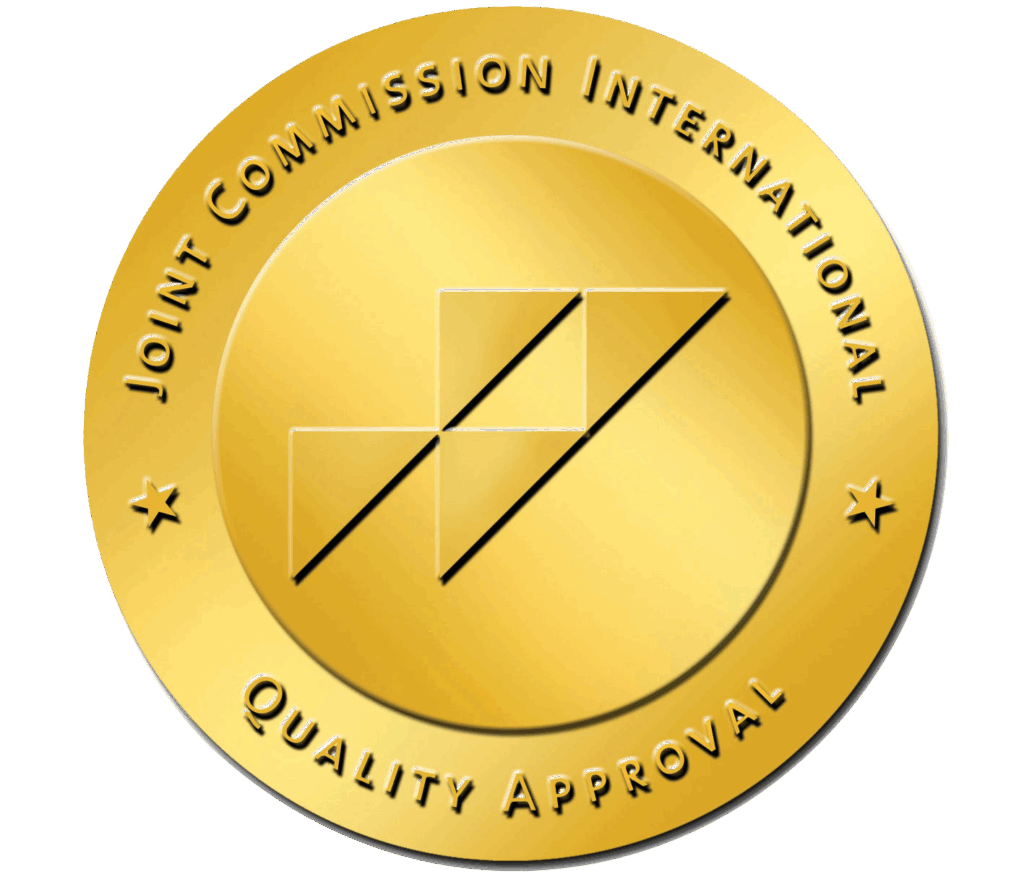Parenting Support
At Madrona Recovery, we value collaboration with healthcare professionals. Our streamlined referral process ensures that your clients receive the highest quality care tailored to their needs.
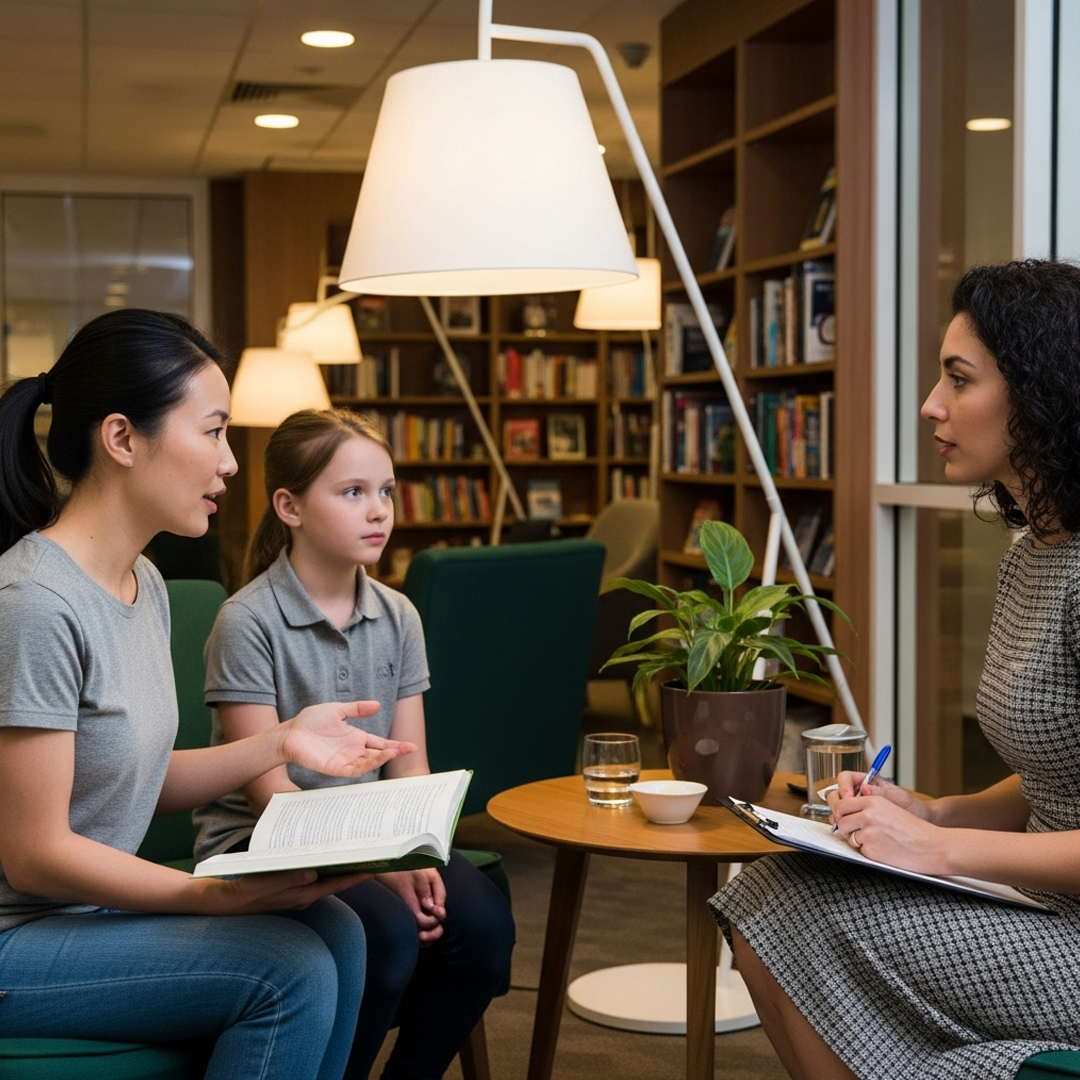
NAMI Support Groups
Join us for a free, drop-in support group! No pre-registration required. Download our complete list of Support Groups here.
- NAMI Multnomah’s free, drop-in Family Support Group meets every Monday from 6:00 – 7:30pm at TaborSpace (5441 SE Belmont St., Portland, OR 97215).
- NAMI Multnomah’s free, drop-in Spouses & Partners Support Group meets on the last Wednesday of every month from 6:30 – 7:30 p.m. at NAMI Multnomah (524 NE 52nd Ave., Portland OR 97213). Group will meet through September 26, 2018.
- NAMI Multnomah’s free, drop-in Connection Recovery Support Group meets every Tuesday from 11:00am – 12:30pm at Luke-Dorf (1952 SE 122nd Ave., Portland, OR 97233).
- NAMI Multnomah’s free, drop-in Schizophrenia Peer Support Group meets every Wednesday from 1:00 – 2:00pm at NAMI Multnomah (524 NE 52nd Ave., Portland, OR 97213).
Stand up Parenting-Portland
www.standupp.org
(888) 727-3689
Lifeworks NW
Family Coaching; no fee
Washington County only
(503) 627-9194
Between Us-Portland
Improving Relationships; no fee
(503) 688-2613
Parents Anonymous-Tri Counties
www.morrissonkids.org
Parents of kids up to age 15 *involved in the Child Welfare system
(503) 258-4557
Parent and Guardian Resource List
At Madrona Recovery, we value collaboration with healthcare professionals. Our streamlined referral process ensures that your clients receive the highest quality care tailored to their needs.
The following resource list has been compiled for you. Topics touch on addiction, communication, dealing with difficult emotions, and parenting.
- A Book about Anger, Boundaries, and Safety
By Joann S. Peterson - Nonviolent Communication; A Language of Life
By Marshall B. Rosenberg, Ph.D. - The Power of Empathy
- How Anger Goes Out of Control
- The Power of Vulnerability
- Treatment Interfering Behaviors
- Jon Kabat-Zinn Full Catastrophe Living and Wherever You Go, There You Are
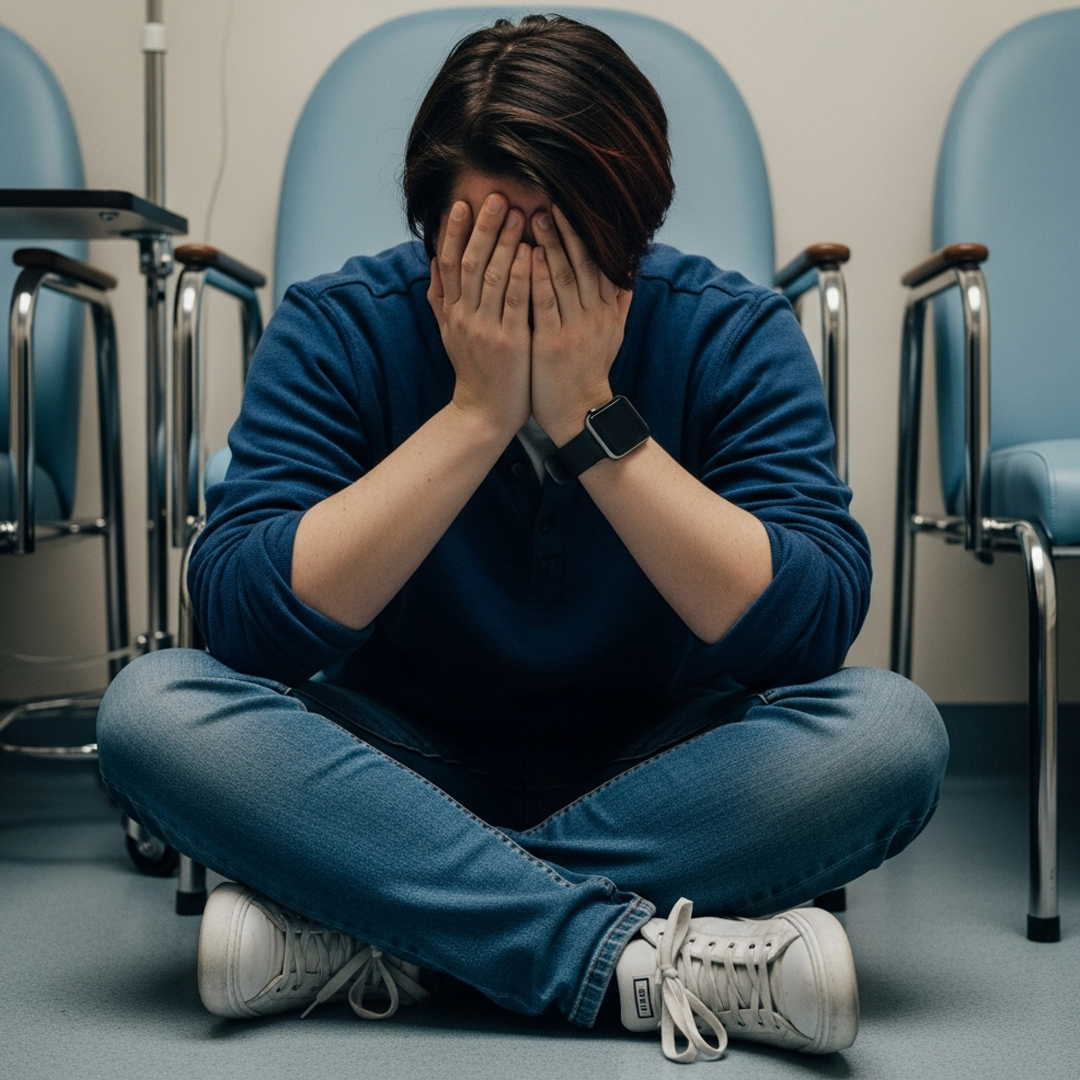
Mental Health
At Madrona Recovery, we value collaboration with healthcare professionals. Our streamlined referral process ensures that your clients receive the highest quality care tailored to their needs.
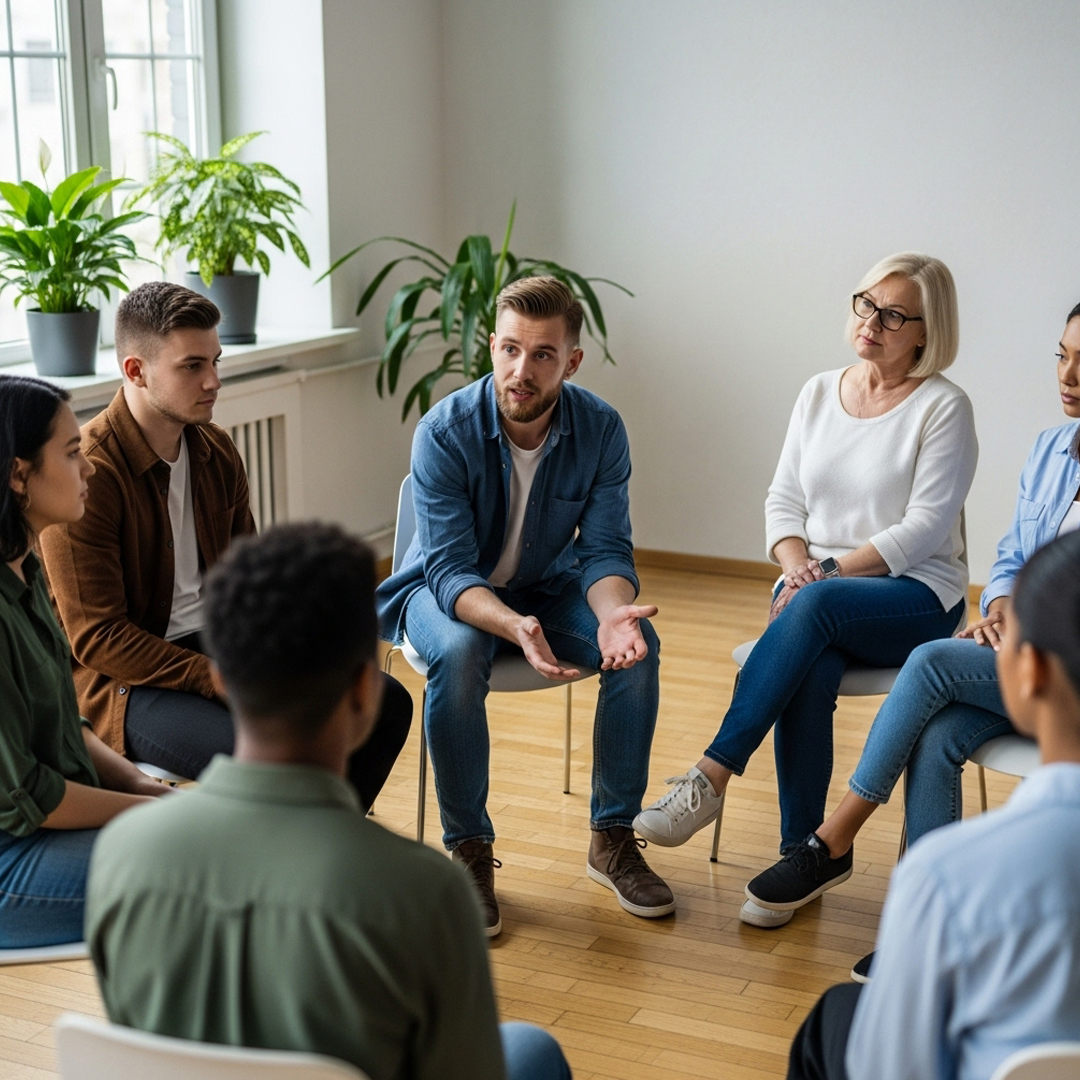
Recovery Resources
- Crisis Text Line: Another free resource, this is a way to get support by text.
- Child and Family Connections, Inc: Support for families who are experiencing parental mental illness.
- WebMD: Information on medical and mental health
- PsyWeb: Information on mental health
- Addiction Guide: A resource on substance use issues, treatments, blogs, and supports
- Depression/Bipolar Support Alliance
- Psychology Information Site
- National Institute of Mental Health
- Anxiety Disorders Association of America
- AllTreatment: Resources for dealing with substance use issues
- National Alliance on Mental Illness: Link to NAMI of Oregon affiliates.
- “Quit Day” website offering information and support around tobacco and mental health
- Center for Parent Information and Resources
- Stop, Breathe, & Think A very useful app for meditation and mindfulness!
- General Mental Health Resources
- Drug Information Database
- Depression and Bipolar Support Alliance
- 2-1-1 Information and Referral Service for Oregon
- Drug Rehab.com – Sobriety
- Drug Rehab.com – Recovery/Relapse
- Project Know – Understanding Addiction
- Rehabs.com
Adults Programs
LGBTQIA+ Resources
At Madrona Recovery, we value collaboration with healthcare professionals. Our streamlined referral process ensures that your clients receive the highest quality care tailored to their needs.
Brave Space
Services include groups, trainings, clothing closet, and therapist support.
https://www.bravespacellc.com/
For general inquiries: 503.486.8936 | kate@bravespacellc.com
“Brave Space creates community and facilitates access to expert and knowledgeable providers for transgender and non-binary children, youth, adults, and their families.”
Basic Rights Oregon (BRO)
“We advocate for public policy that meets the needs of LGBTQ youth throughout our state. We are advancing equality for transgender Oregonians to meet basic needs like housing, employment, health care and more.”
Outside In
Kirby Parks, Transgender Services Coordinator kirbyp@outsidein.org.
Outside In provides resources including a medical clinic serving non-binary and trans-inclusive youth without insurance or with OHP. They also have a drop-in center for youth ages 18-24 seeking case management/housing/meals/drug and alcohol services, an Employment Resource Center supporting youth in completing education requirements and employment. Outside In also provides support in acquiring identification and legal documentation that aligns with gender identity.
Q Center
Transgender Groups
- SMYRC (Sexual and Gender Youth Resource Center)
- FTM Peer Support Group
- Gender Queery
- Transgender Women’s Group
- Northwest Gender Alliance
- Trans-Fem*
- Tranz Guys
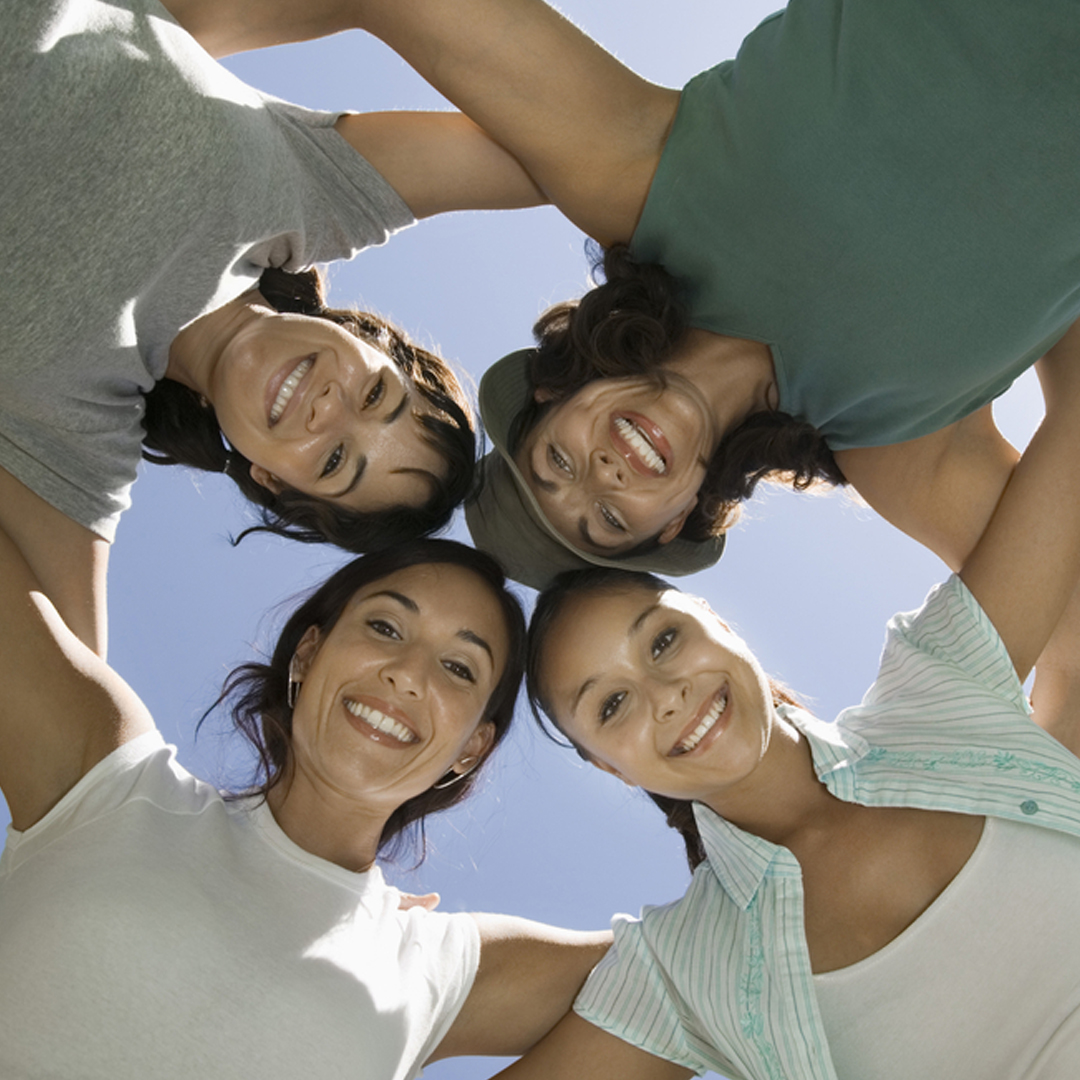
Find answers to your most pressing questions about our programs and services.
Q: What conditions does Madrona Recovery treat?
A: Madrona Recovery is a psychiatric residential treatment facility that addresses mental health and substance use disorders in a 24-hour care setting. We also help youth that need to go through substance withdrawal management (detox) in a safe setting with medical support.
Q: What if a youth doesn’t have substance use, are they appropriate for Madrona Recovery’s program?
A: Yes, we serve youth that range from having no history of substance use, some mild experimentation with substances, to youth that have severe substance use challenges. Our individualized treatment plans will help cater both group and individual treatment to the needs of each youth.
Q: What age youth does Madrona Recovery serve?
A: We serve teens between the ages of 13 and 17 years. We are able to serve 18-year-olds in some circumstances.
Q: What fun activities do youth engage in while at Madrona Recovery?
A: Our goal is to mix fun activities throughout the daily and weekly schedule to encourage engagement and breaks from the clinical programming for our youth. We promote an attitude of joyful recovery in our program where youth get a break from the stressors of everyday life and get to experience being a kid and having fun with peers in a safe environment.
Some examples are: Themed Spirit Weeks with various fun activities and the Madrona Olympics where youth do a variety of fun activities and experience healthy competition.
We offer a “Seeking Joy” group where youth explore activities that may bring them joy and that could become new hobbies. “Self-Care” group is a space where youth can engage in self-care and learn to build pro-social behaviors.
Youth also engage in daily Community Meetings to begin the day and set intentions. When they are ready to transition from our program, we facilitate a “Good-bye Circle” to honor and celebrate their achievements.
Q: How long is the program at Madrona Recovery?
A: Most youth will need about 4-6 weeks to reach the goals of their treatment plan in our program, but we individualize treatment based on the clinical needs of each client and family. Successful stabilization, safety planning, and family engagement are all components of our program that help determine the length of time in the program.
Q: Do youth need to be willing to come into Madrona?
A: Our program is voluntary, and it is important that the referred youth is willing to participate in treatment. We know that motivation can ebb and flow, and we are happy to speak with you and the youth involved to address concerns and prepare them for a positive treatment experience. Madrona is a secure facility, and our safety protocol is that once youth are admitted they cannot discharge without a guardian’s approval and a safe plan for pick up.
Q: Is a referral needed for admission to Madrona Recovery?
A: Insurance companies often require referrals as well as clinical documentation related to a client’s care. We are happy to help gather the required information to expedite the process. You can access our referral form here: Madrona Recovery Referral Form
Q: Do you accept insurance?
A: Yes, we accept insurance, and we are willing to coordinate self-pay plans as well. We will need plan information to complete a benefit verification to confirm coverage. We work with both commercial and Medicaid insurance plans.
Q: What belongings can youth bring with them to Madrona?
A: You can view our packing list on our website, this outlines what items are permitted and restricted. Restrictions are always to maintain safety for all youth in our program.
Q: What therapeutic activities do youth engage in while at Madrona?
A: Youth participate in group therapy throughout the day as well as weekly sessions of each of the following: individual therapy, family therapy, psychiatry, nursing assessment, and drug and alcohol counseling (if applicable). Clients also benefit from ongoing coaching by milieu staff on skills of daily living and individualized behavioral interventions.
Q: How do youth visit with family?
A: Family visitation is conducted virtually through the Microsoft Teams application or Zoom if you prefer. Virtual visits are typically weekly for 20-30 minutes. During intake, you will be able to schedule those visits.
Q: Can youth continue schoolwork while at Madrona?
A: Yes, we have an Education Coordinator who collaborates with the youth’s home school to ensure they stay current with their schoolwork during treatment. We require a signed release of information to communicate with their school. It’s helpful for youth to bring their chrome book, tablet, or printed materials from school. The Therapist and Education Coordinator will work together to ensure that time for schoolwork is balanced with our focus on therapeutic activities.
Q: How are family members involved in the treatment process?
A: A parent/guardian’s presence is required during the intake process. Following intake, an email will be sent with contact information for the treatment team, including the therapist, psychiatrist, education counselor, and case manager. We welcome caregivers’ feedback throughout the program. Family participation is critical for youth to have a positive outcome and transition from our program. We expect that parents/guardians will actively participate in family meetings with their therapist and will learn and practice skills to support the young person at Madrona. Our weekly support and education group for parents/guardians is essential to provide the skills that match what youth are learning in the program. It’s virtual to make it easy to attend and will also provide opportunities to meet other families that have a teen in the program to gain emotional support.
Q: Do youth have their own bedroom?
A: Most of our bedrooms are single occupancy. We have a few bedrooms that can be shared between two youths. Upon admission, every youth will start in a single room. Staff will only assign roommates after getting to know youth and all parties would have to agree to the roommate assignment. It is possible your child could have their own room the whole time they are here.
Q: Do youth have their own bathroom?
A: No, the bathrooms are shared between the community, but are all single occupancy with one shower, one sink, one toilet.
Q: What happens when a youth is close to completing the program?
A: Our case managers and therapists work with parents/guardians to ensure aftercare plans are in place before discharge. This involves scheduling outpatient or intensive outpatient appointments or making referrals based on the treatment team’s clinical recommendations. In addition, family meetings facilitated by a therapist support youth working with parents/guardians on a home agreement that focuses on safety and follow through with aftercare that will support ongoing recovery.
Q: Do you have a waitlist for admission?
A: Like many residential programs, at times we have a waitlist. We do our best to expedite referrals so youth and families can access our services quickly. Please call us directly at 503-749-0200 Ex. 1 for the current estimate of time from referral to admission and we can get the process started.

